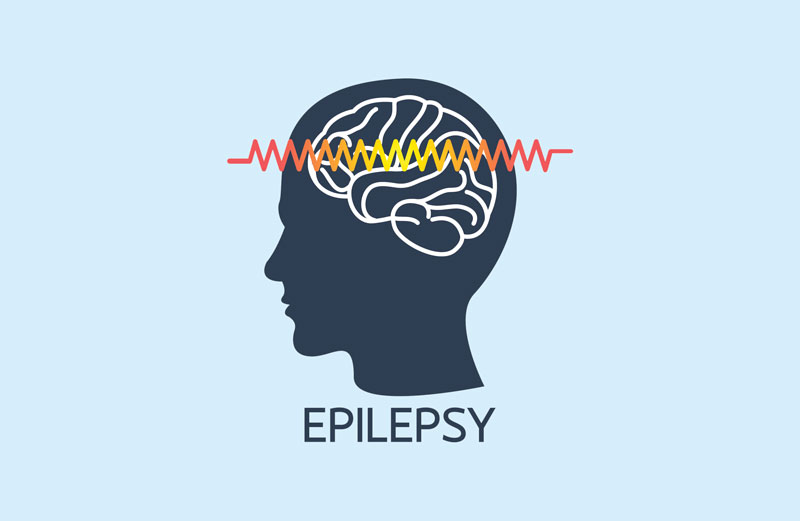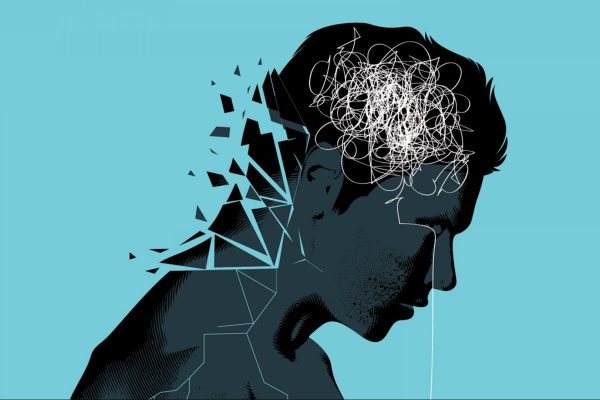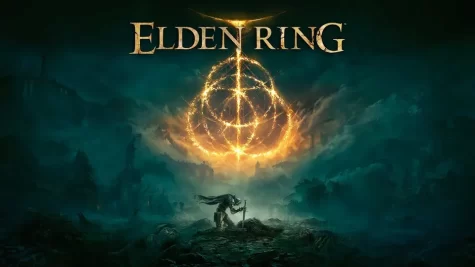A Walk with Epilepsy
Epilepsy. Not the most comfortable ice breaker, but a word that holds such an immense amount of power. Epilepsy brings along pain, confusion, ignorance and anger.
Epilepsy can be defined as a neurological disorder that causes seizures or unusual sensations and behaviors. The diagnosis of Epilepsy comes after three unprovoked seizures or after one with a high risk for more has occurred. Testing must confirm the seizures were epileptic induced.
Epilepsy is not a rare disorder. 65 million people around the world have epilepsy, including 3.4 million people in the United States alone.
The diagnostic process includes physical examinations such as:
- A complete blood count test
- Electroencephalogram electrical brain wave testing
- Computerized tomography scans to check for abnormalities in the brain
- Functional MRIs to examine the brain activities
- Positron emission tomography scans to observe the oxygen utility by the brain
- Single-photon emission computed tomography scan where a small amount of radioactive material is injected into the brain to assess blood flow
- Neuropsychological examination used to assess thinking, memory and speech skills
- Magnetoencephalography scans that measure the magnetic field produced by brain activity
- And other tests to check the normal functionalities of the brain
After an official diagnosis has been made, the doctors decide on a treatment plan and a cocktail of medication that might help tame the seizures. Brain surgery and dieting are also options, along with having devices to monitor the seizures implanted. No treatment plan is guaranteed to work because no one person experiences epilepsy the same. One person’s treatment plan can be catastrophic for another.
This disorder comes along with a lot of emotional trauma, as well as the physical trauma seizures cause. Friendships and relationships are strained. Depression and anxiety can develop. Post-Traumatic Stress Disorder is common as well.
People often make jokes about epilepsy saying ‘don’t have a seizure’ to tell a person to calm down or quit exaggerating. A fear of seizing in public eventually creeps into you as more and more people make epilepsy a joke and continue to post seizures online to laugh at.
Epilepsy is not a joke.
It is a serious disease that many people have to live with for their entire life. People can die from it. In the summer of 2019 actor, Cameron Boyce died from an epileptic seizure at the age of 20. Some other people who are well known and have struggled with epilepsy are Edgar Allen Poe, Lewis Caroll, Harriet Tubman, Theodore Roosevelt, Prince, Michelangelo, and Vincent van Gogh.
Epilepsy is life-changing and life-threatening. There is no cure, so please be patient and gentle when dealing with a family member or friend who has epilepsy. Stand up to that person in the halls making fun of them. Do the right thing. They need you more than you know.

Hi! I am Kelsey Goodpaster, a senior at Lyman. This is my first year on newspaper staff. I have experienced a lot of crazy things throughout my life and...














Aidan G Capps | Dec 1, 2020 at 10:03 am
I know it can be hard to write or talk about something like this the text can seem stiff and strained, but this article was wrote in a way that it goes smoothly from one point to another. I know how you feel when you said that epilepsy is no joke, I had a friend in elementary school that died of cancer, and now I get angry or annoyed when somebody jokes about cancer. There are a lot of emotions put into this article, but, in just the way that they were wrote didn’t at all undermine the subject of the article.
Yamilka Ramon-Maymi | Dec 1, 2020 at 9:53 am
This article was really eye-opening for me. Personally I never understood what epilepsy was. Yes, I’ve heard the name before but didn’t know what it meant, and I knew less what it felt like to have it. I get it though, I haven’t been diagnosed with epilepsy but I was diagnosed with a high level of anxiety and depression. They feeling of never knowing when I’m going to have another anxiety attack, what’s going to trigger it. I get it it’s something really scary and sometimes you can’t even explain what your going through or, what your thinking bout because its hard. I’m sorry to those people who have to go through that fear or feeling for the rest of there life’s, and I really hope they find a way to cope with it properly. I hope that Epilepsy or anything like that doesn’t stop anyone from living life to the fullest.
Chloe Sackett | Dec 1, 2020 at 9:38 am
Hey, Kelsey. You are one of the bravest people I know and to write about this, I know it was a really important topic to you. It’s so weird to think about all you go through and I found that your article helped me understand and have so much respect you and other people living with Epilepsy. I am so happy knowing that even living with Epilepsy, we are still able to hang out and you never fail to put a smile on my face.
Bianca | Dec 1, 2020 at 8:17 am
Often times, many diseases or disorders can cause stigma and lead to lots of bullying in school. This article was very informative in regards to the struggle and trauma that people with epilepsy may face from their disorder along with the societal pressure as well as familial pressure. Wonderfully written article that sheds light on this disorder.